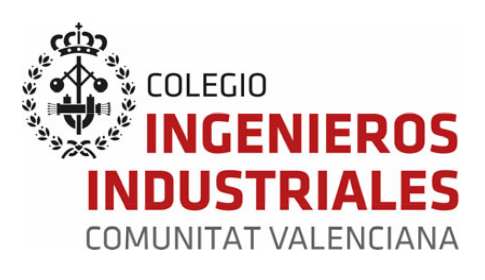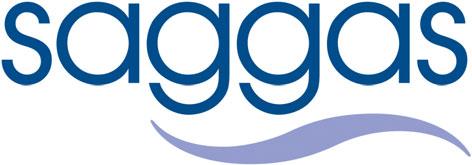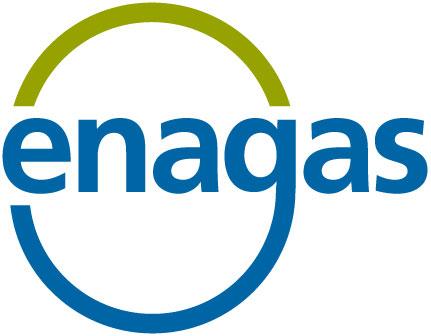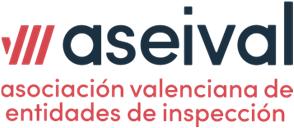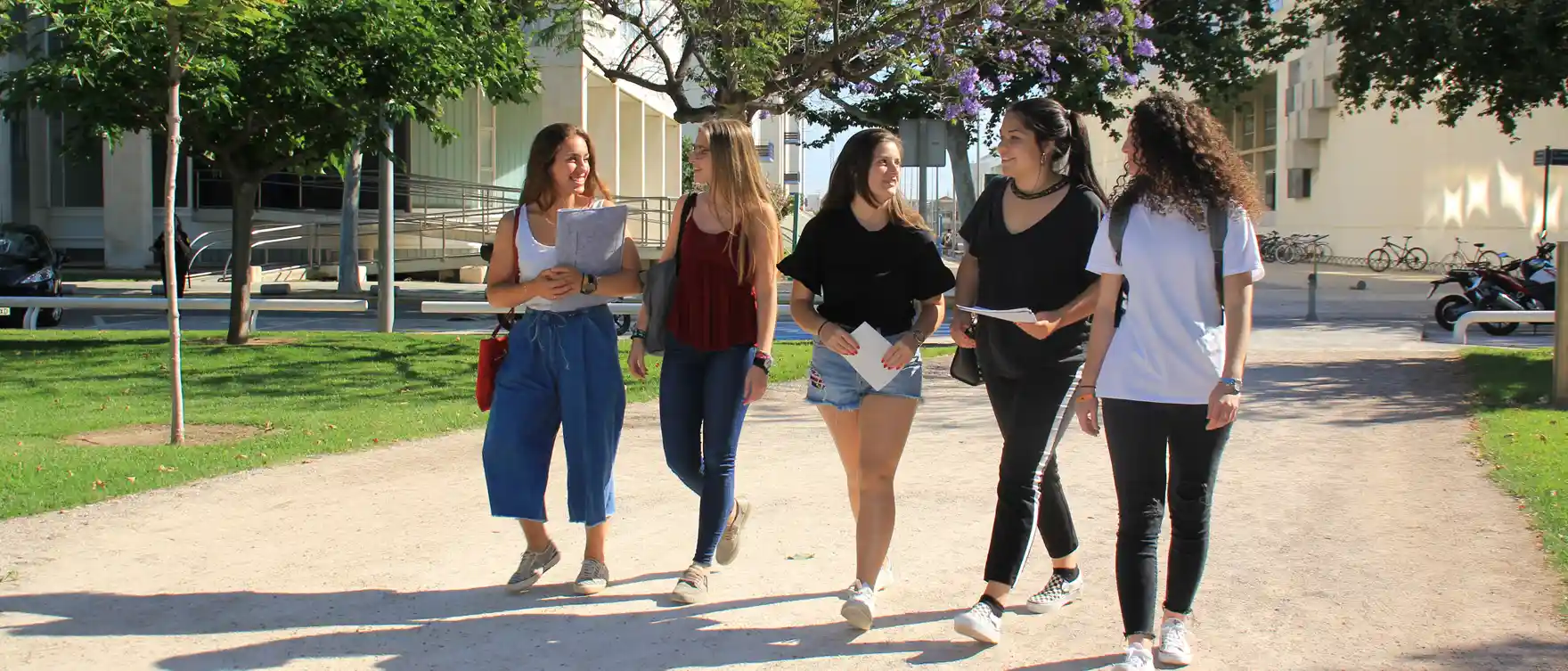Page content
Description of the title
The Master’s Degree in Industrial Safety is the first program of its kind in Spain. It lasts one academic year and consists of 60 ECTS credits.
The training is provided 50% by professionals from recognized national and international companies, business associations and professional associations. This external staff will provide students with an expert, practical and realistic vision of the profession for which they are being trained. This Master’s Degree is designed for graduates in Industrial Engineering. Therefore, it requires previous knowledge in areas such as mathematics, physics, chemistry, statistics, fluid mechanics, structures, materials, mechanics and electricity.
You will acquire the necessary skills to efficiently and sustainably design, supervise, analyze, control, coordinate and manage facilities, equipment and products. Your focus will be on ensuring their safety, as well as complying with the legal and documentary requirements established by the Administration. As an industrial safety professional, you will contribute to protecting people, assets and the environment from the consequences of potential facility failures. You will do so considering democratic principles and values, as well as the Sustainable Development Goals.
Industrial Safety is the discipline in charge of the prevention and limitation of risks, as well as the protection against accidents capable of producing severe damage to people, goods or the environment derived from industrial activity, from the use, operation and maintenance of installations and equipment, as well as from the production, use or consumption of industrial products. Its scope of application covers facilities in the industrial environment but also establishments of public concurrence (hotels, gas stations, hospitals, etc.) and products and services of daily use (vehicles, electrical appliances, elevators, heating, etc.).
Studying this master’s degree will train engineering professionals in this specific discipline and respond to a social and business need to protect people, property and the environment from the consequences of facility failures. In addition, it will allow the incorporation into the labor market of professionals who provide an overall vision in this area, who effectively and efficiently manage and control the facilities, in addition to complying with the legal requirements and documentation requirements with the Administration.
Objectives of the degree

To train engineering professionals with specialization in industrial safety capable of coordinating, managing and executing tasks in this field in order to prevent and control the risks derived from the use and operation of facilities, equipment, products and services, identifying and assessing the legal, organizational, technical, technological and environmental conditioning factors.
Career opportunities
The field of work includes process companies, consultancies, engineering companies, verification, inspection and maintenance of facilities, as well as the public administration. You will be involved in industrial safety projects, both in the design and supervision of facilities, processes, products and services where safety is fundamental.
You will perform investigations, analyzes, inspections and provide supervision and certification in various safety areas.
At the end of your studies you will have the ability to analyze equipment, processes and facilities, and improve their performance and operation in terms of industrial safety.
Aimed primarily at
University graduates in Industrial Engineering:
- Industrial Technologies, Materials, Energy, Chemistry, Mechanics, Electricity, Electronics and Automation.
- Graduates in Engineering (Industrial, Chemical, Mechanical, Materials, Electrical and Electronic) according to the previous University Academic Regulations.
Structure of the master’s degree
Credits: 60 ECTS
Mandatory:39 ECTS |Electives:9 ECTS |External internships:0 ECTS |Final Master’s thesis (TFM):12 ECTS
Module 1. Mandatory Module :39 ECTS mandatory
Subject:Process safety
Minimum credits: 15 | Character: Compulsory
Subject:Industrial safety of equipment, installations, products and services
Minimum credits: 15 | Character: Compulsory
Subject:Industrial safety management and sustainability
Minimum credits: 9 | Character: Compulsory
Module 2. Elective Module :9 electives
Subject:Professional application of industrial safety
Minimum credits: 9 | Character: Elective
Module 3. Master’s Thesis :12 ECTS final degree project
Subject:Master’s Thesis
Minimum credits: 12 | Subject: Final Degree Project
Internships
In the Master’s program, 9 ECTS of curricular internships can be carried out in the optional subject Professional application of industrial safety. In addition, 50% of the teaching is in charge of professionals from companies, associations and professional associations, which promotes close collaboration with them in this aspect.
For more information, visit the ETSII’s Business Subdirectorate
Research and access to Ph.
You will obtain the necessary training to work as an industrial safety professional. However, you can also choose to continue with doctoral studies or pursue other specialized master’s degrees.
You can see all the doctoral programs offered at UPV
Academic exchange / agreements with other universities
If you are an ETSII student and you are considering the option of taking part of your studies at a foreign university as an exchange student, you will be able to do your TFM in other universities. Consult all the options in the International Area of the ETSII for more information regarding academic exchanges.
Facilities and laboratories
The ETSII can allocate its own resources for the Master’s Degree in Industrial Safety. Specifically, it will allocate a fully equipped classroom and a computer laboratory, both with a capacity greater than the number of new students enrolled in the Master’s Degree.
In addition, the departments involved in the teaching of the Master’s program provide their own resources for the computer and laboratory practices described below:
- Department of Chemical and Nuclear Engineering: Nuclear Technology Laboratory and the Simulation Laboratory;
- Department of Electrical Engineering: Laboratory of Machines and Electrical Technology
- Department of Construction Engineering: Construction Engineering Labs
- Department of Systems Engineering and Automatics: Automation Laboratory
Master’s Thesis
The Master’s Thesis (hereinafter TFM) represents the last step before leaving the University for students who are studying a Master’s degree. The TFM is an autonomous activity of the student with the support of one or more tutors where the final result must always be an individual work of the student, defended before a court, according to the rules in force. It consists of the realization, presentation and defense, once all the credits of the study plan have been obtained, of an original exercise carried out individually before a university tribunal, consisting of a project in the field of Industrial Safety in which the competences acquired in the degree are synthesized.
The TFM will be directed by at least one professor teaching in the degree, who will plan the necessary activities for tutoring and monitoring.






